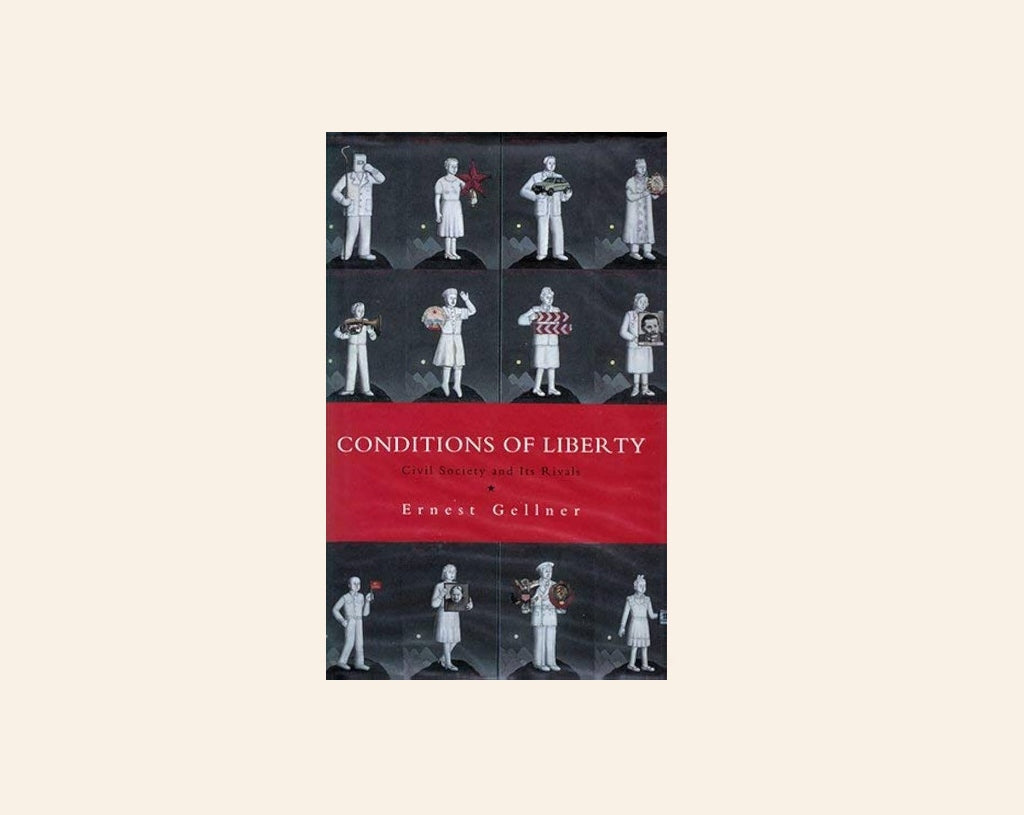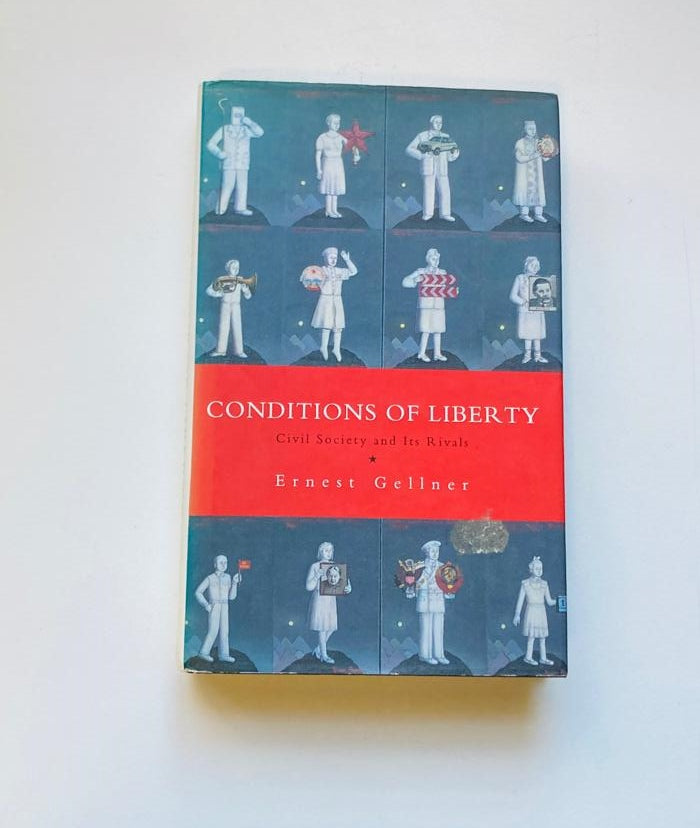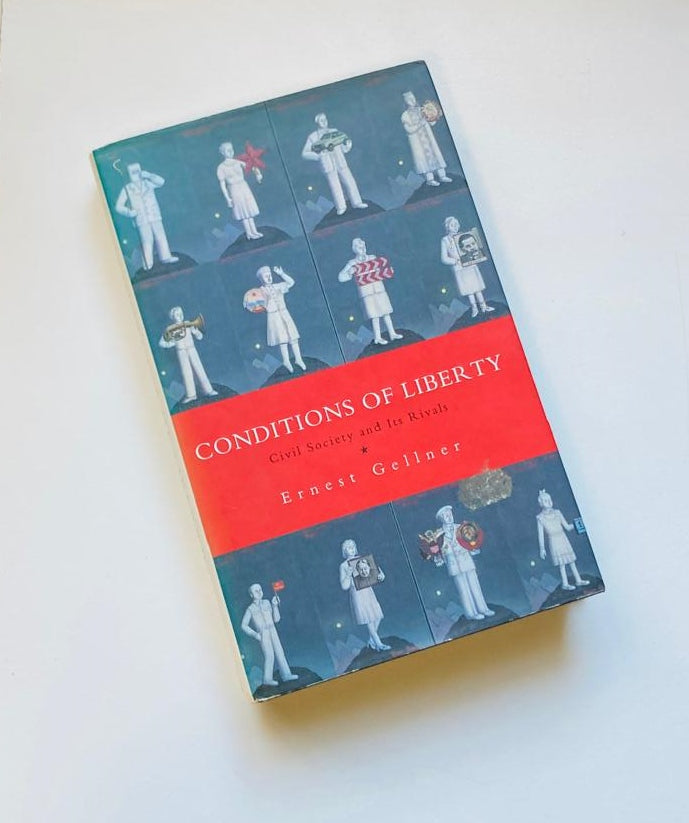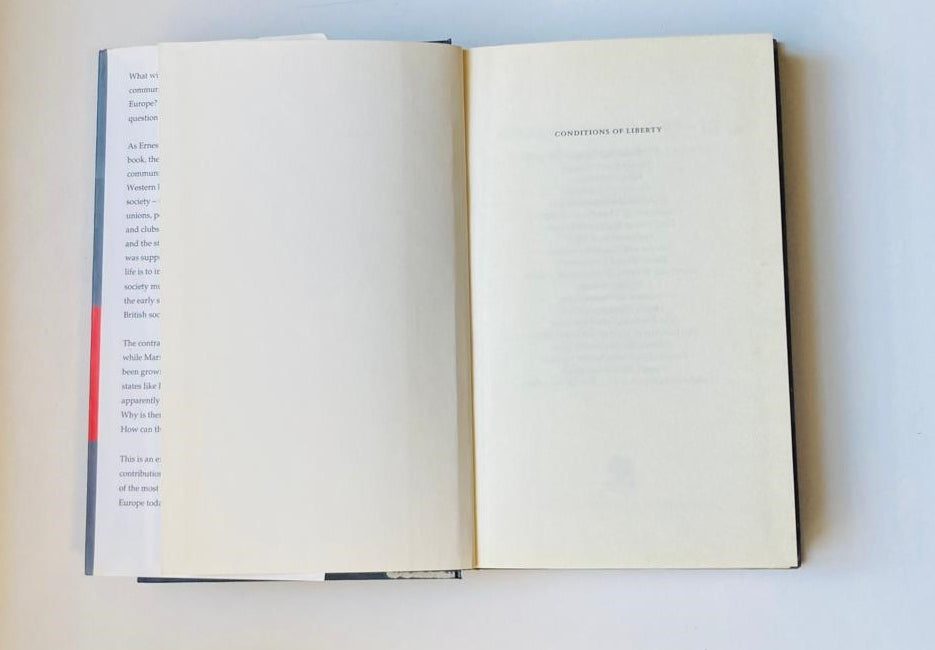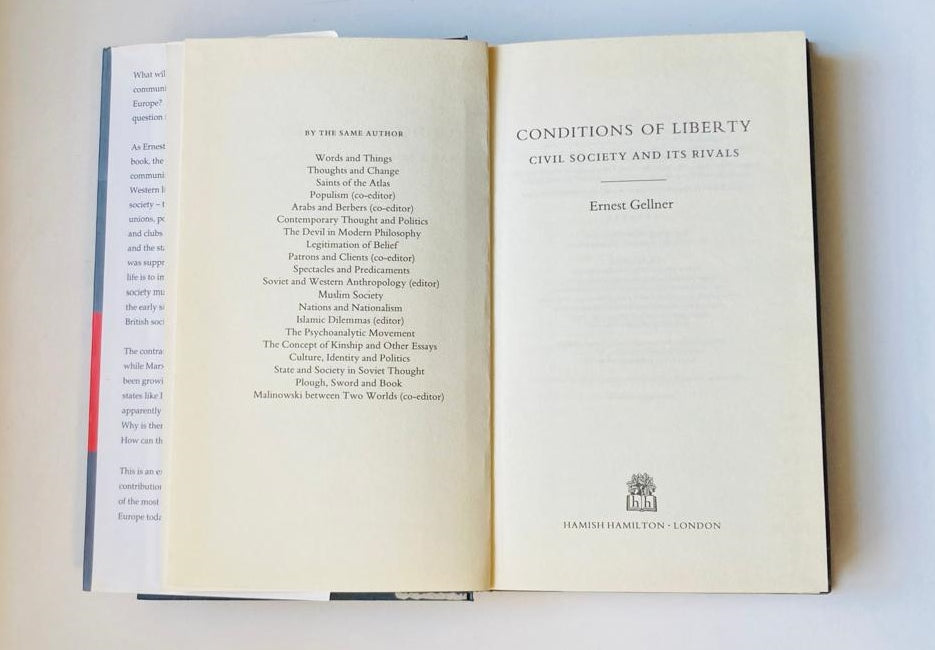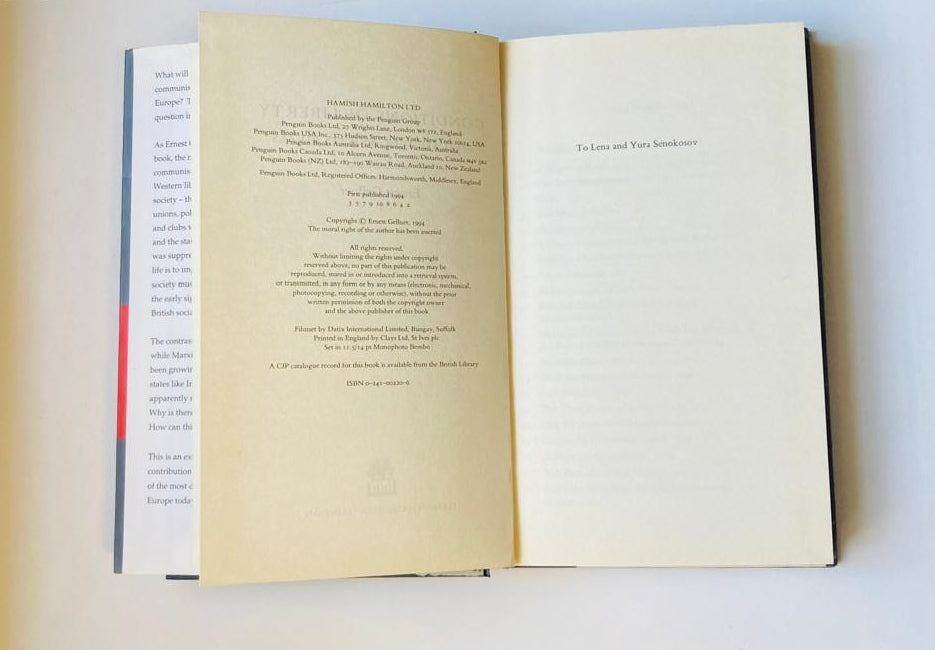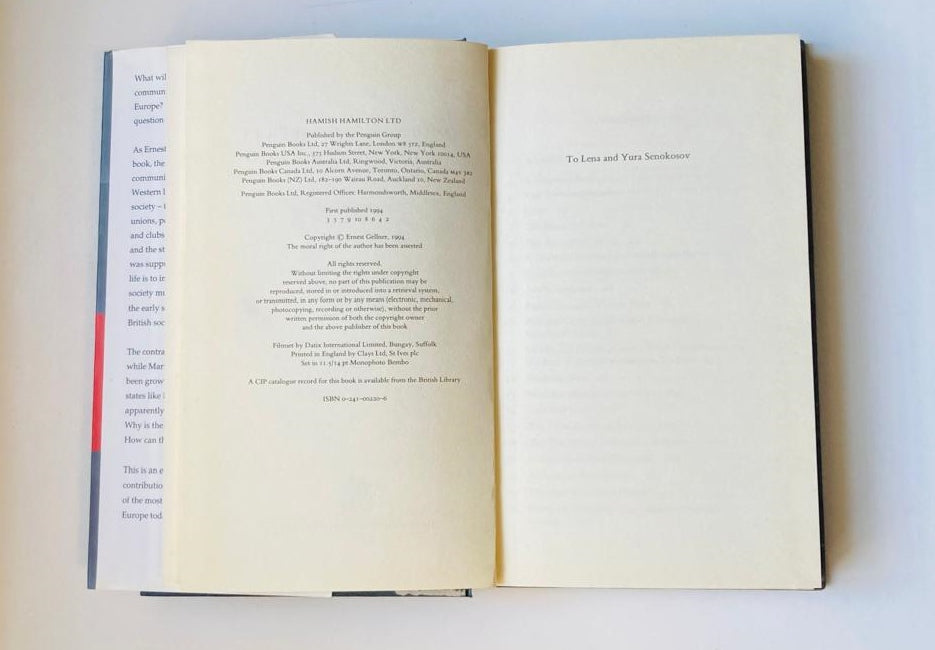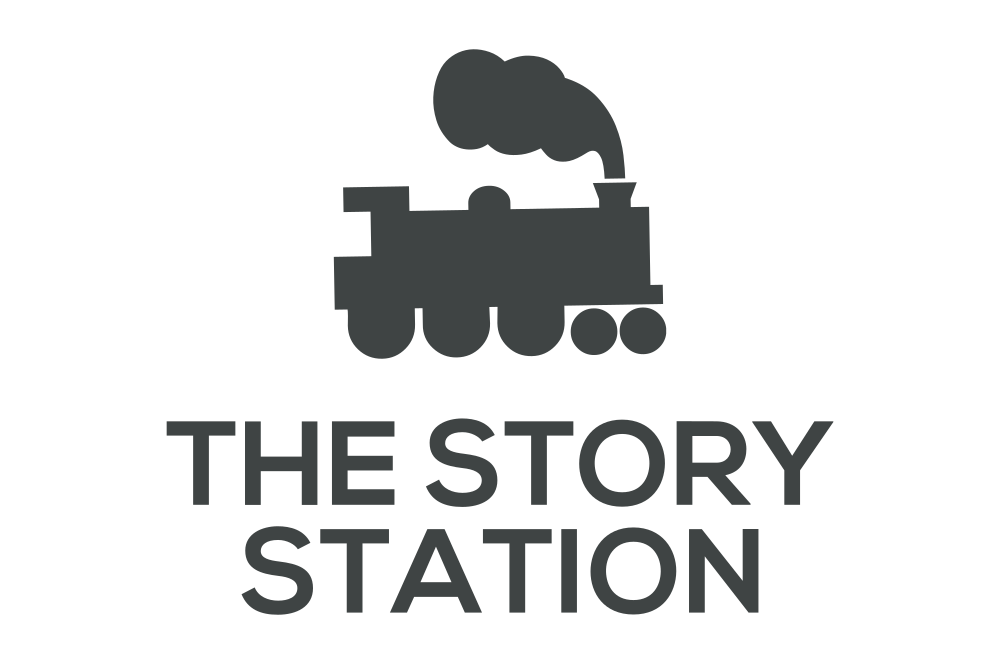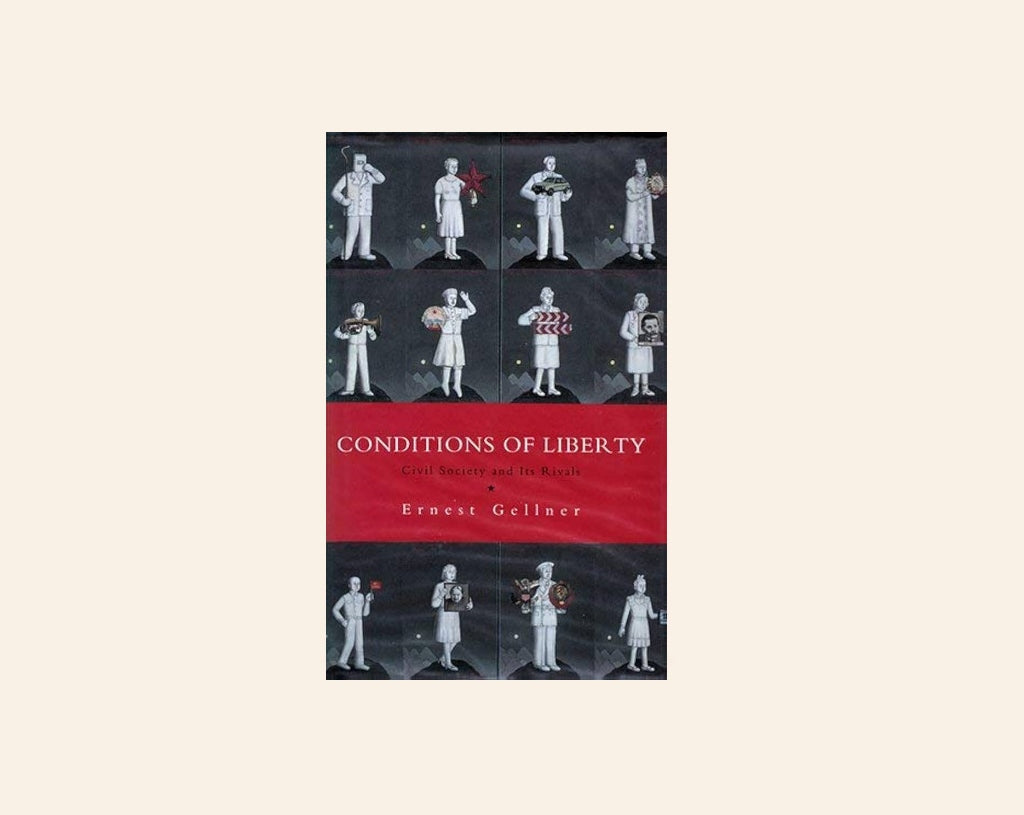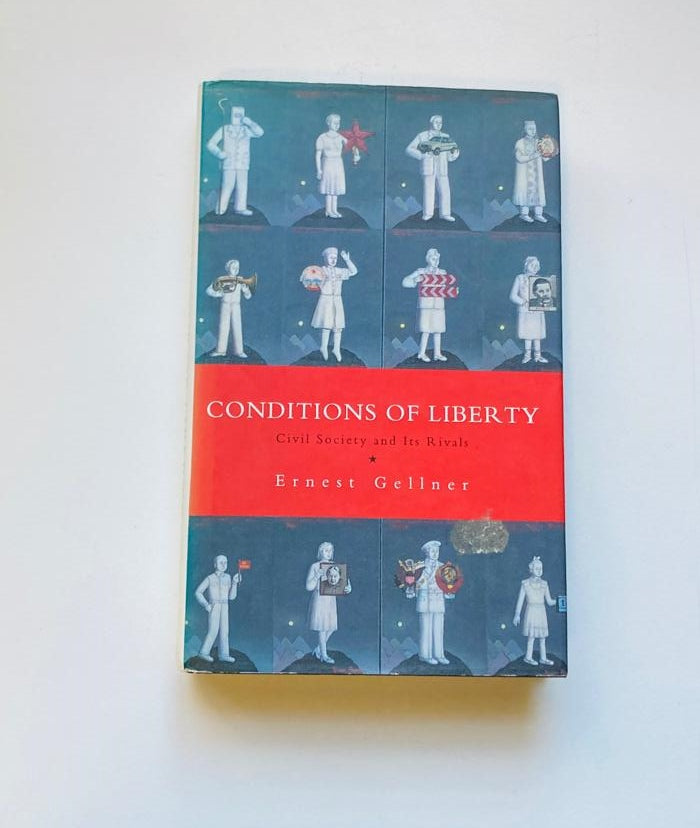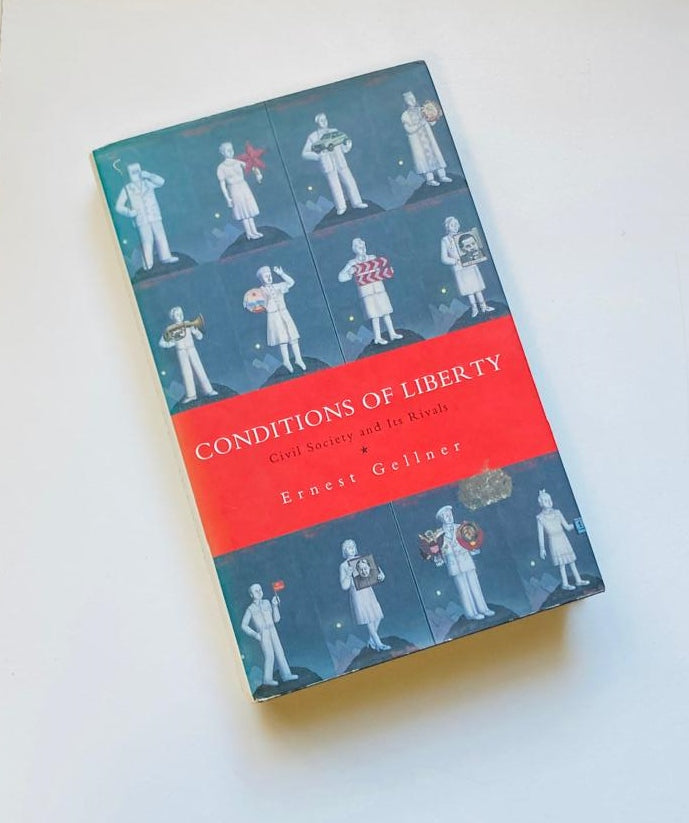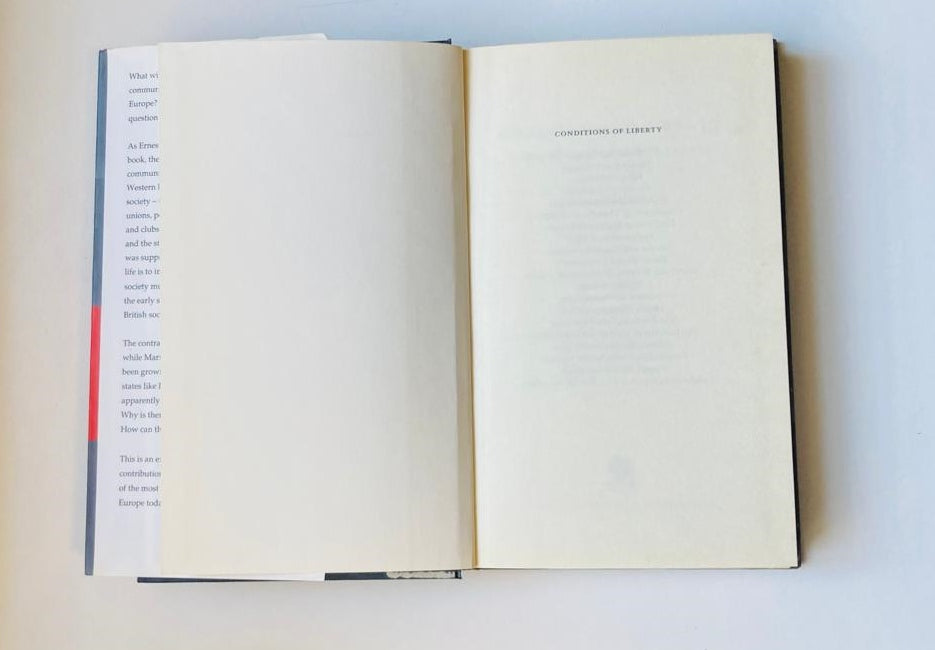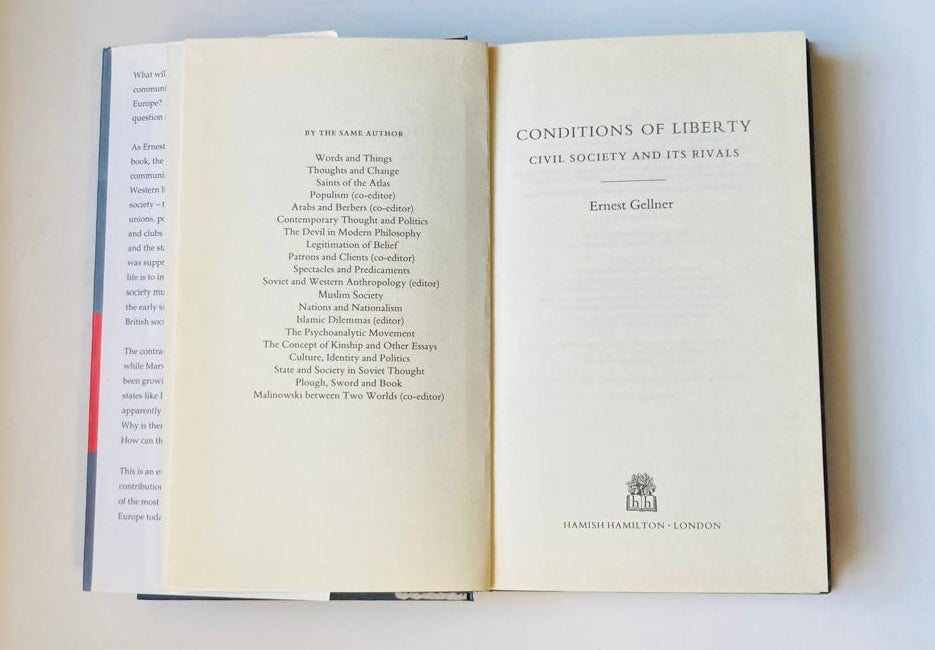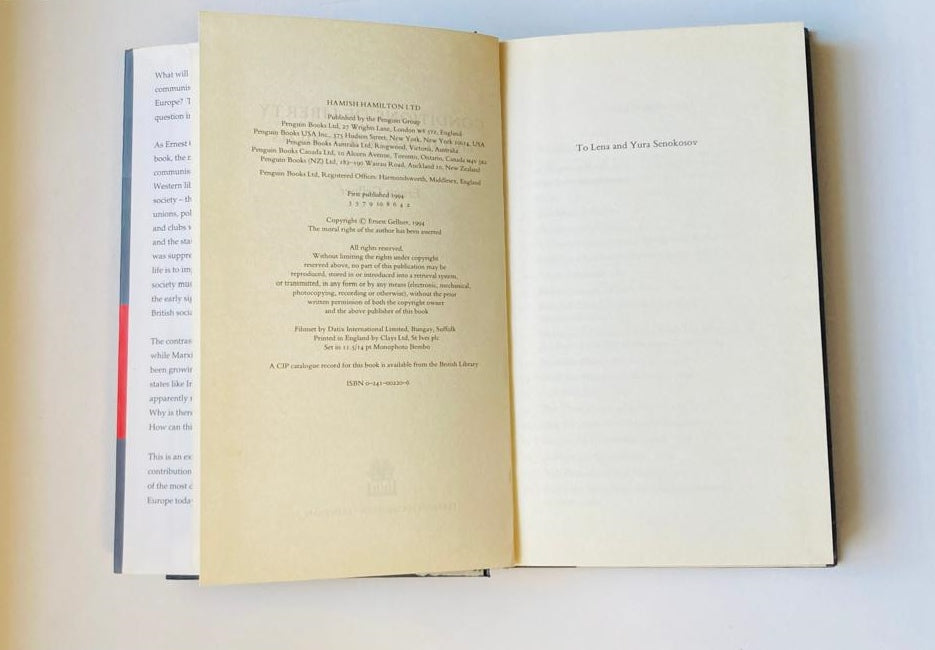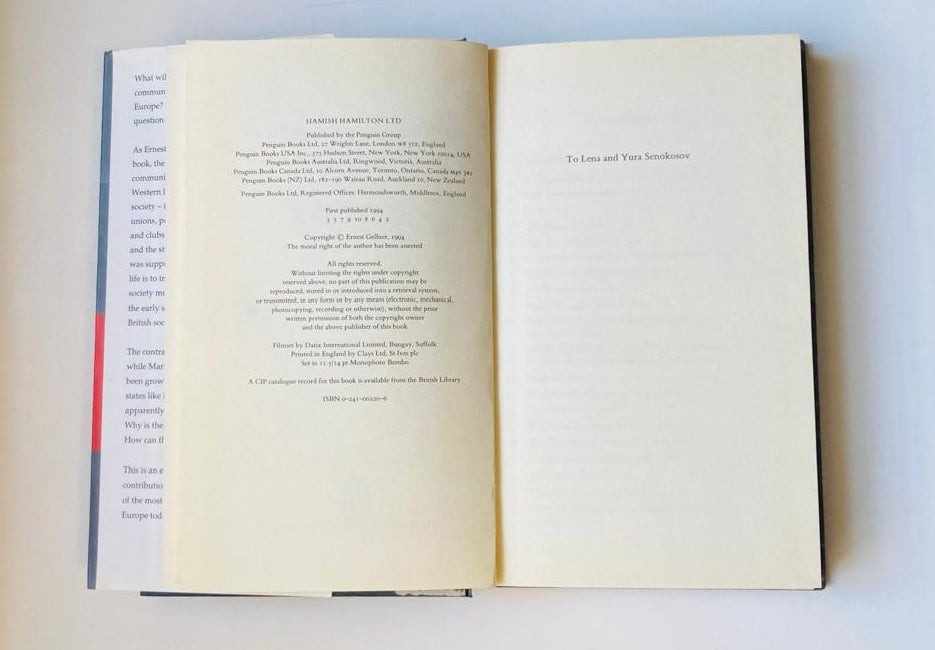The Story Station
Conditions of liberty: Civil society and its rivals - Ernest Gellner
Conditions of liberty: Civil society and its rivals - Ernest Gellner
Couldn't load pickup availability
What will fill the void left by the dramatic fall of communism in the ex-Soviet Union and Eastern Europe? This is the most pressing political question in the world today.
As Ernest Gellner shows in this path-breaking book, the most significant difference between communism (and other totalitarian ideologies) and Western liberalism is the existence of the civil society—the intermediary institutions like trade unions, political parties, religions, pressure groups, and clubs which fill the gap between the family and the state. Under communism, the civil society was suppressed. In liberal democracy, it thrives. If life is to improve in Eastern Europe, the civil society must be encouraged to grow and prosper; the early signs—as observed by the doyen of British social anthropology—are good.
The contrast with militant Islam is extraordinary; while Marxism as a faith has collapsed, Islam has been growing ever stronger. In fundamentalist states like Iran, there is little civil society and apparently not much pressure for one, either. Why is there so little resistance or opposition? How can this be understood?
This is an extremely important book and a major contribution to the 'end of history' debate by one of the most distinguished scholars working in Europe today.
Condition
Condition
Very Good (VG): I may show some small signs of wear - but no tears - on either binding or paper.
Dimensions
Dimensions
L: 22.3cm; W: 14.1cm; H: 2.2cm
Weight
Weight
0.42 kg
Shipping
Shipping
We offer door to door shipping to anywhere in South Africa.
Delivery takes between 3 and 5 business days (weekends and public holidays excluded) depending on your location.
Read more about our shipping policy here.
Returns Policy
Returns Policy
We want you to be happy with your
purchase. If you are not completely satisfied, please notify us
within 7 days.
Read more about our return policy here.
Share
